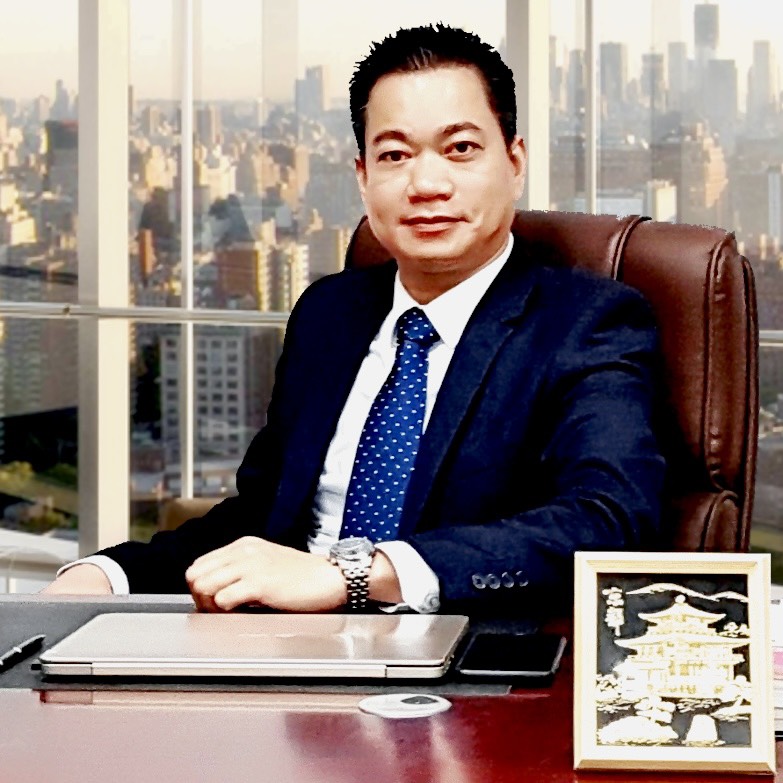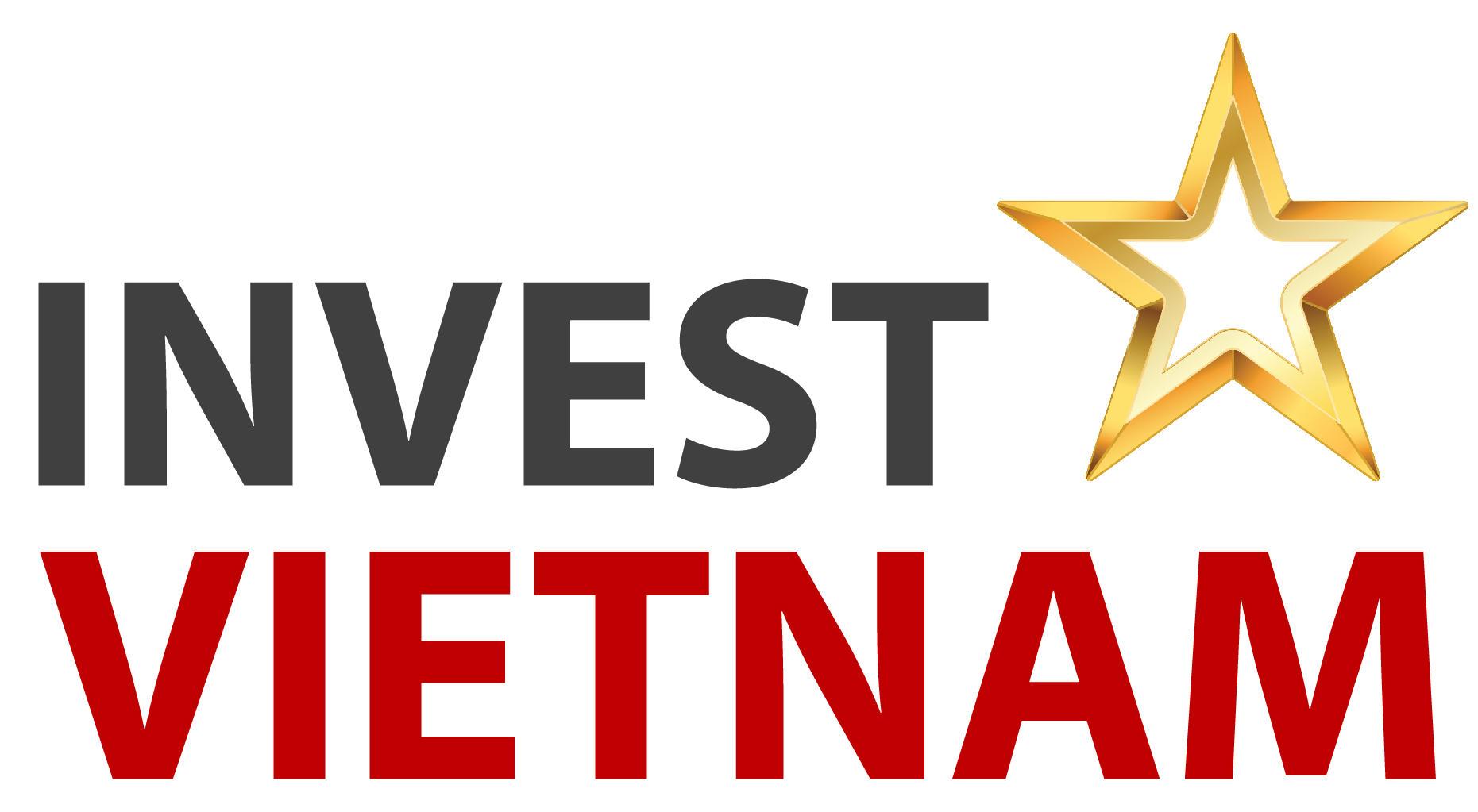Customs duty and procedure: What about the import duty rate? What certain cases might import duty exemption be applied for?
Export Duty
Exports are the factor that drives the growth of the Vietnamese economy; therefore, most of common goods are not subject to export duty. Export duty is applicable to only few specific goods such as natural resources, minerals or agricultural products, etc. with the duty rates ranging up to 40%.
Import Duty
Import duty is generally applied to goods physically crossing or "considered as crossing" Vietnamese border. Different import items are subject to diferrent duty rates, which are determined based on HS codes and the origins of the goods. Goods originating from different countries may be subject to different customs tariffs, which may be categorized as follow:
| |
IMPORT DUTY RATE |
| Special preferential rates |
Imports from countries that have an FTA with Vietnam. For example: Korea, Japan, China, Chile, India, the ASEAN members, New Zealand, Russia, and EU. |
| MFN rates |
Imports from countries that maintain the Most Favored Nation (MFN) status with Vietnam. The MFN rates are in accordance with Vietnam's WTO commitments and are applicable to goods imported from other member countries of the WTO. |
| Ordinary rates |
Imports from countries that neither maintain the MFN status with Vietnam nor have an FTA with Vietnam. Ordinary rates are genrerally 50% higher than MFN rates. |
For special preferential rates, the application of such tariffs requires a proper Certificate of Origin (C/O) accompanying the imported goods.
Classification of the HS code will be based on a number of sources, including not only domestic customs regulations but also guidance issued by the World Customs Organization as well as detailed goods specification.
Dutiable Value
The dutiable value is determined by six valuation methods in accordance with the WTO Valuation Agreement, in which transaction value (i.e. the price paid or payable for the imported goods, and where appropriate, adjusted for certain dutiable or non-dutiable elements) is the first priority. Only when the transaction value is not applied, will one of the five alternative methods for customs valuation be used. Besides import duty, imported goods might also be subject to import VAT, SST and environment protection tax - all are declared and paid at the importation stage.
Exemption
Import duty exemption might be applicable for certain cases including but not limited to the following:
- Raw materials, supplies and components imported for the processing of goods for export and finished products for use in the processed goods;
- Materials, supplies, components imported for the manufacturing of goods for export.
- Machinery and equipment, specialized means of transportation and construction materials (which cannot be produced locally) imported to form the fixed assets of certain projects (e.g. projects located in especially difficult areas or encouraged sectors)
- Certain imports serving petroleum related activities.
- Goods temporarily imported within a certain preriod of time for some specific purposes.
Import duty exemption is also applicable to import transactions of an Export Processing Enterprise (EPE). An EPE is technically a non-tariff enterprise. To be considered as an EPE, a company must commit to export all of its products. All of the purchases in relation to the manufacture/processing of exported products if an EPE (including fixed assets) are exempted from import duty and import VAT.
Refund
A refund of import duties might be granted in certain cases, including but not limited to the followings:
- Goods for which import duties have been paid but which are not actually physically imported;
- Imported raw materials that are not used and must be re-exported;
- Imported materials serving the production of products to be sold in the domestic market, but actually used for the production of products to be exported (either exported abroad or into the Export Processing Zone (EPZ)).
Priority Enterprise Status
Businesses that are granted priority enterprise status are entitled to various privileges, waivers or exceptions of customs administrative requirements, including:
- Waiver of certain document requirements during customs clearance, customs inspection, ect,;
- Exemption from the requirement of customs audit at customs offices;
- The customs authority may conduct post-clearance audit at the enterprise's office only once every three years, on the basis of risk management, except for signs of violations of the legislation on customs.
To apply for priority enterprise scheme, taxpayers must meet several conditions, some of which are as follows:
- Full compliance: No tax offence in two consecutive years before the application.
- Annual export/import turnover: At least USD 100 million in total; or USD 40 million for goods manufactured in Vietnam; or USD 30 million for exported agriculture and sea foods manufactured or grown in Vietnam.
Once accredited with priority enterprise status, the status is valid for three years.
Customs Audit
For different business models, different typical customs risks might be triggered.
| TYPICAL RISKS |
MANUFACTURING/PROCESSING FOR EXPORT |
EPE |
TRADING & DISTRIBUTION |
| Inventory reconciliation |
V |
V |
N/A |
| Duty exemption for fixed assets |
N/A |
V |
N/A |
| HS code classification |
V |
V |
V |
| Customs valuation |
V |
N/A |
V |
| Certificate of Origin |
V |
N/A |
V |
The above risks might be exposed before, during, or after the customs declaration are carried out. Typically, a customs audit shall be conducted if there is any signal that there may be acts of taxpayers that violate legal requirements, or in accordance with a specific inspection plan of the customs authorities. The audit might be performed either at the customs authority offices or at the taxpayer's premises.


